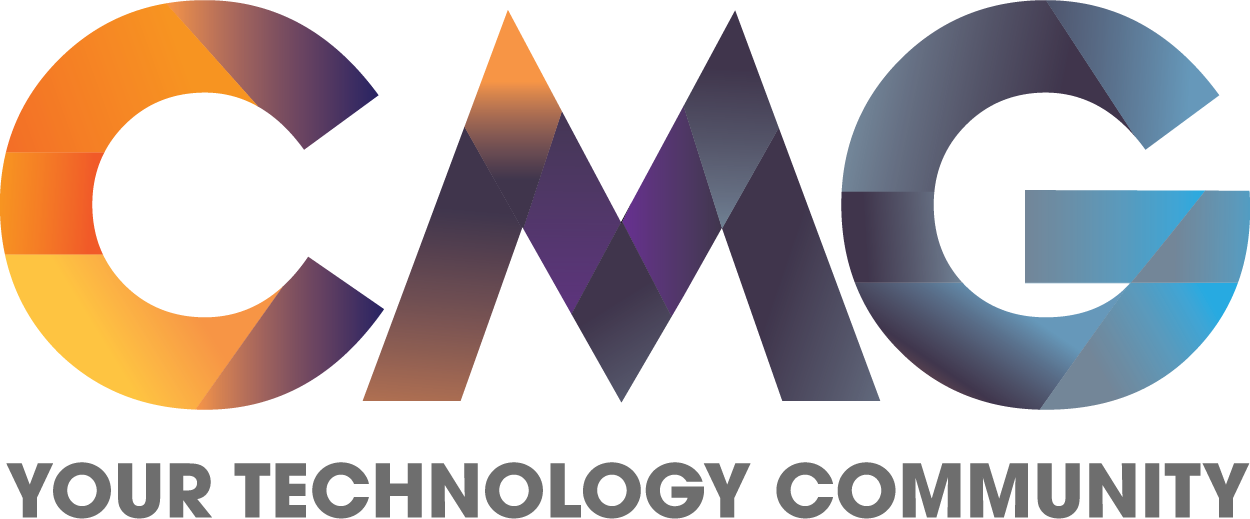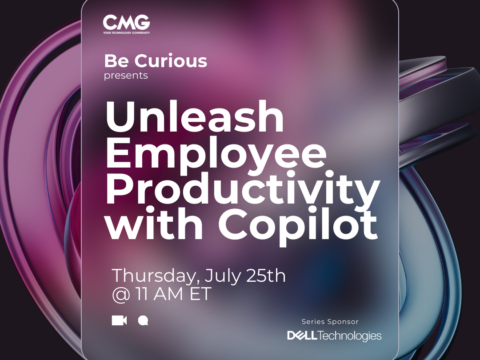See What’s Coming Up at CMG!
April 10, 2017April CMG Regional Events
April 20, 2017
The first thing most career specialists will tell you is to write your resume, but that’s not the first thing you should do. To write a great resume, one that will attract the attention of employers, you need to first figure out what kind of job(s) you want to do. “I’d be happy with anything I can get,” doesn’t work really well in a world where hiring managers are increasingly determined to hire people who have both ability and passion for their job.
Start looking on sites like Indeed.com, LinkedIn and Dice.com (and even craigslist.com) to discover the variety of jobs available, focusing on those that require little or no experience. What has your education best prepared you for? What area fascinates you? Development might look to be an easy in, but operations can give you a great grounding in a lot of areas, allowing you to move forward in a variety of directions. Study up on what the role actually entails. What is a ‘day in the life of…?’ Google this and ask people you know.
At the same time, think of the qualities of the company you want to join. Some of the key things to consider are: location, size, requirement to work onsite or remote, cultural values, benefits. When you have determined that your education, and perhaps, experience in internships or summer jobs, is best suited to specific job categories, then look at which ones interest you the most.
You might ask yourself questions such as:
- If I had to work late at this job fairly often, would I consider it a major imposition or see it as an opportunity to learn?
- Would I be willing to spend some evenings learning on my own or taking classes to speed my progress?
- What kind of work fascinates me? Look back to what you most enjoyed in school.
When you have the above questions answered for yourself, you’re ready to start your resume and marketing plan. Your resume starts with a statement of aspiration:
“I am an entry-level systems administrator who has demonstrated experience as an intern in managing my college’s UNIX servers supporting the Department of Chemistry. I bring to your company a passion for availability, an understanding of what it takes to achieve it and a proven track record of learning rapidly, both in school and on the job.”
You no longer put in an objective. The first line should be your sales pitch. What would you say if you met the hiring manager for your dream job in an elevator? Work on it and have people who know you help you edit it. You then list your skills, using the strongest words you can. Only then do you put down your relevant experience. Remember, even experience that doesn’t sound relevant may be. Are you your neighborhood’s IT fix-it gal? When working at Starbucks, did you keep the WiFi running? Early on, they know you don’t have a lot of job experience, but share what you can.
Your marketing plan is simply a one-page document you will edit frequently, listing both the kinds of jobs you want as well as the companies you plan to look at.
Once you’ve completed that, you start networking. But that’s another large subject, better handled in another blog or article.
Denise P. Kalm is a board-certified coach at DPK Coaching and Lee Hecht Harrison, currently focused on career issues. Her three career books can be found at all major book sites. First Job Savvy – Find a Job, Start Your Career: http://amzn.to/1LURL1t, Tech Grief – Survive & Thrive Through Career Losses: http://amzn.to/1KYcnAz, and Career Savvy – Keeping and Transforming Your Job: http://amzn.to/1iPxWwT.



